Wisdom fills the room when the veterans speak
SMILE Mr. Miller, Mr. Malmstrom and his journalism students take pictures with the visiting veterans
Dec 22, 2017
Veterans joined WMS for a day full of anecdotes on November 17th, 2017 to celebrate Veterans Day with the eighth graders and staff of WMS.
When the veterans, full of wisdom, came to the school they visited homeroom classes to share with the eighth graders. The rooms of students stood quiet as the veterans spoke. One of the first speakers, Amanda Janiga, was in Mr. Lee’s room, 19.
Janiga was enlisted and first went to Hawaii, and shortly after that she went to New York for eight months and then finally Afghanistan. She joined the army at seventeen years old, and it was the “best experience of [her] life”. “It was such a humbling experience” she said, it was something she was exceedingly “passionate” about.
Janiga was in Human Intelligence Collection, meaning she “talked to people from other countries to see how the US can help them”. The people in Afghanistan only had enough money for a third grade education; most of them couldn’t read. At most, some of them can write their names. She was one of only seven females that served in her unit.
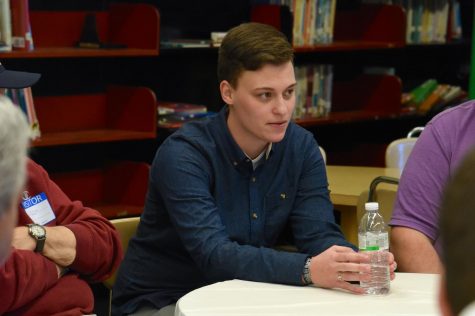
AMANDA JANIGA:
“It was the most humbling experience of my life”
One of the last veterans that spoke to the eighth graders was Ray Orriss. Mr. Orriss served in the Vietnam War. He was a mechanic for the Navy for seventeen years; there was an option to graduate early in January, so he did, and then he enlisted two weeks after graduating.
The plane he rode once, and only once because “that was enough” for him, was 45,000 pounds, which launched them in a giant catapult, and if they didn’t get to 65 mph in 2 second they would crash. That burdensome plane had to get to 30,000 feet in the air. “Compared to this plane, Kingda Ka is like walking with your grandma,” Mr. Orriss said. Riding on the plane, as frightening as it was, gave him a “feeling of importance”. However, when they were discharged, they took their uniforms off, “because if you wore your uniform you were looked at like the enemy even if you weren’t in Vietnam when you were enlisted”.
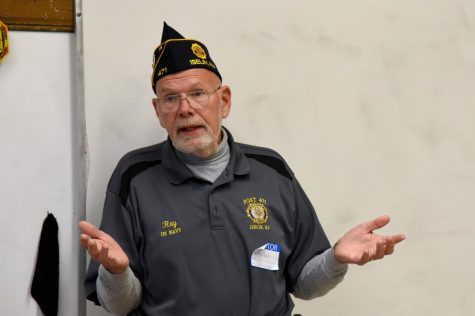
RAY ORRISS:
“Compared to the plane he rode, Kingda Ka is like walking with your grandma”
Some other veterans who served and spoke were Paul DePaulo who served as a cryptologist which is “coding and decoding messages” he said, from 1962-1966 in France and Germany. A memorable quote stated by Mr. DePaulo “‘ Freedom is not free’. Remember, this generation should look at that phrase and remember that”.
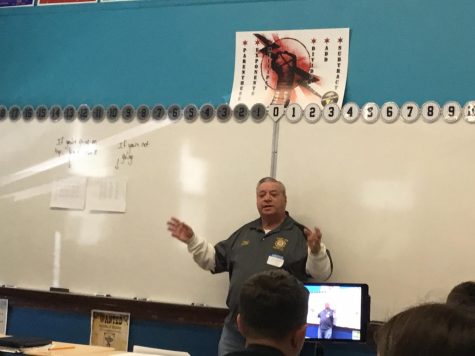
PAUL DEPAULO:
He was a cryptologist, which means he decoded and coded messages.
Gene Bernhardt served in the Navy from 1968-1974. He informed the class, “if you had a job after serving, the GI Bill covered the training for that it.” He went on to explain that “anyone who served should be a member of a veterans organization.
Ted Evan was a cryptologist and served from 1960-1963 in the Navy, he “ran a lot of machinery” and he was “with a girl for 52 years now and he chose her over the thing he was passionate about”.
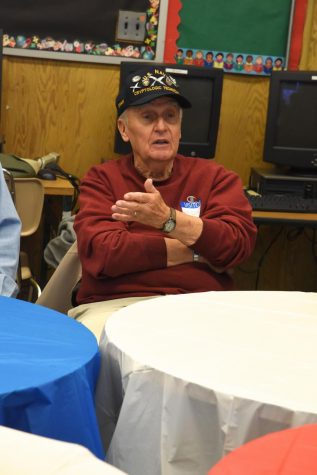
He worked a lot of machinery as a cryptologist
Michael Barany, former WMS student, served in the army from 2006-2011. He is “using the GI bill right now to go to school” he said, and at first they didn’t take the bill and charged him $7,000 for his first semester. And just about when he was going to quit, he got the money back. Barany earned three degrees as a result of his service.
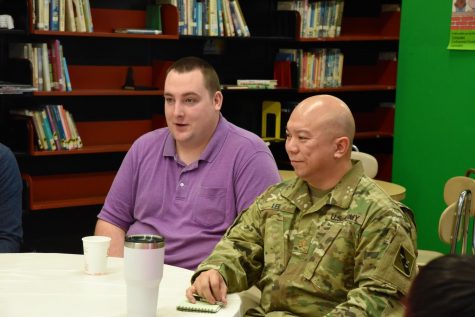
Michael is using his GI Bill to go to college for his Doctorate, and Mr. Lee is still serving as an officer
WMS’ own Mr. Lee began serving in 2003and is still serving, and he is now an officer. “My rank was a little different than the others. I’m an officer, meaning I’m a leader.” Mr. Lee said. He also mentioned how as a young Lieutenant with only one or two years experience, he was teamed up with a first class Sergeant as his “right hand man”. Although he was an officer and he was in charge of platoons or “groups of soldiers ranging from sixteen to forty” he had to learn from his Sergeant who had at least a decade or two of experience. He has constantly learned to adapt to new skills and different environments.
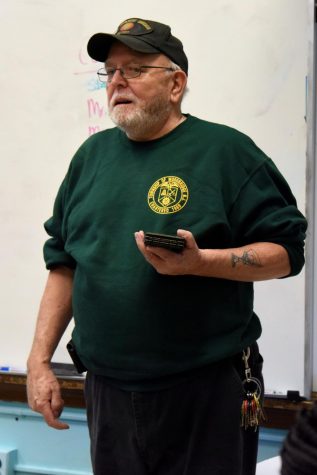
He showed students his medals including his pink heart
Bob Fedison served from 1966-1968 in Germany and Vietnam. When he was in Germany, it was “cold”, and a big challenge was “staying warm and staying motivated”. The medals he had were a source of pride for him and other soldiers and he said the pride “stays with you for the rest of your life”. Lastly, Brian McCollun served in the Air Force from 2000-2002.
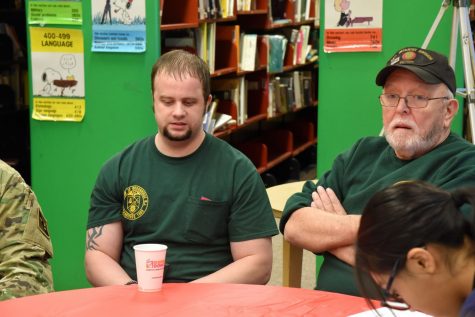
He served in the air force for 2 years
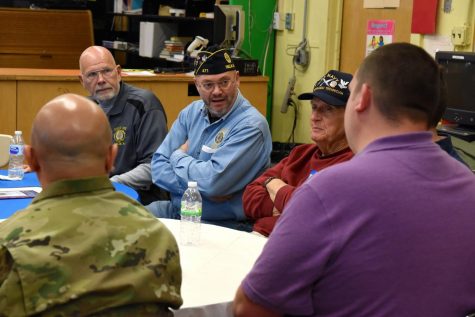
Most of the veterans that had served in Vietnam related to having to take their uniform off as a result of the negative publicity. Paul DePaulo left his uniform on, and was warned, but being “proud” he bought a subway token, and he had many things thrown at him, “like dirty diapers, dog poop, and trash”. The veterans all shared that it is important to say “Welcome home” to any Vietnam veteran because of the harsh backlash they received upon returning home initially. The veterans that served in the 2000’s and until now, 9/11 had a big impact on them enlisting. Some of the veterans from the Vietnam War are part of the Veterans Association.
Even though people treated these veterans horribly, like cabs not giving them rides home, they still are proud to have served, or still serve our country. It was an amazing experience to meet these heroes who have served and are still serving our country.

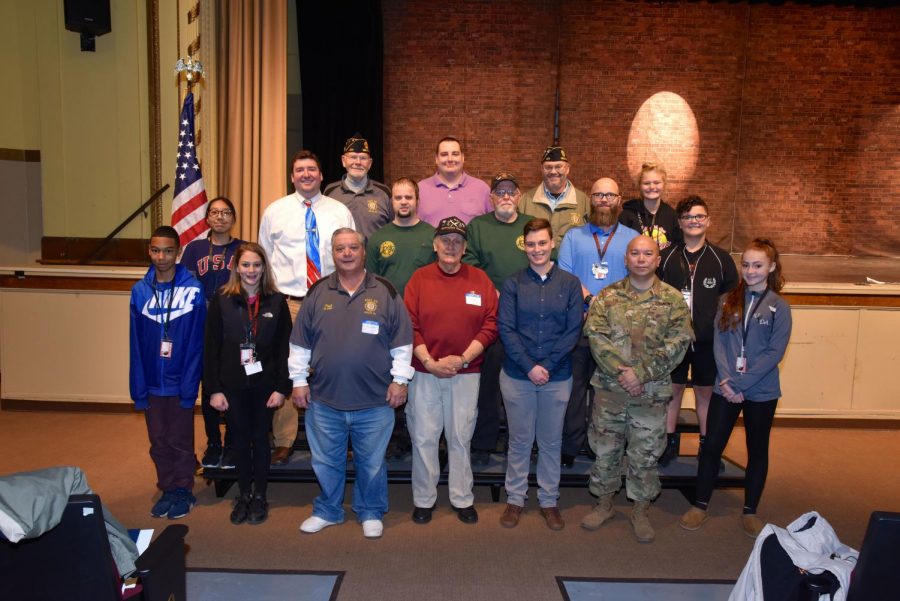
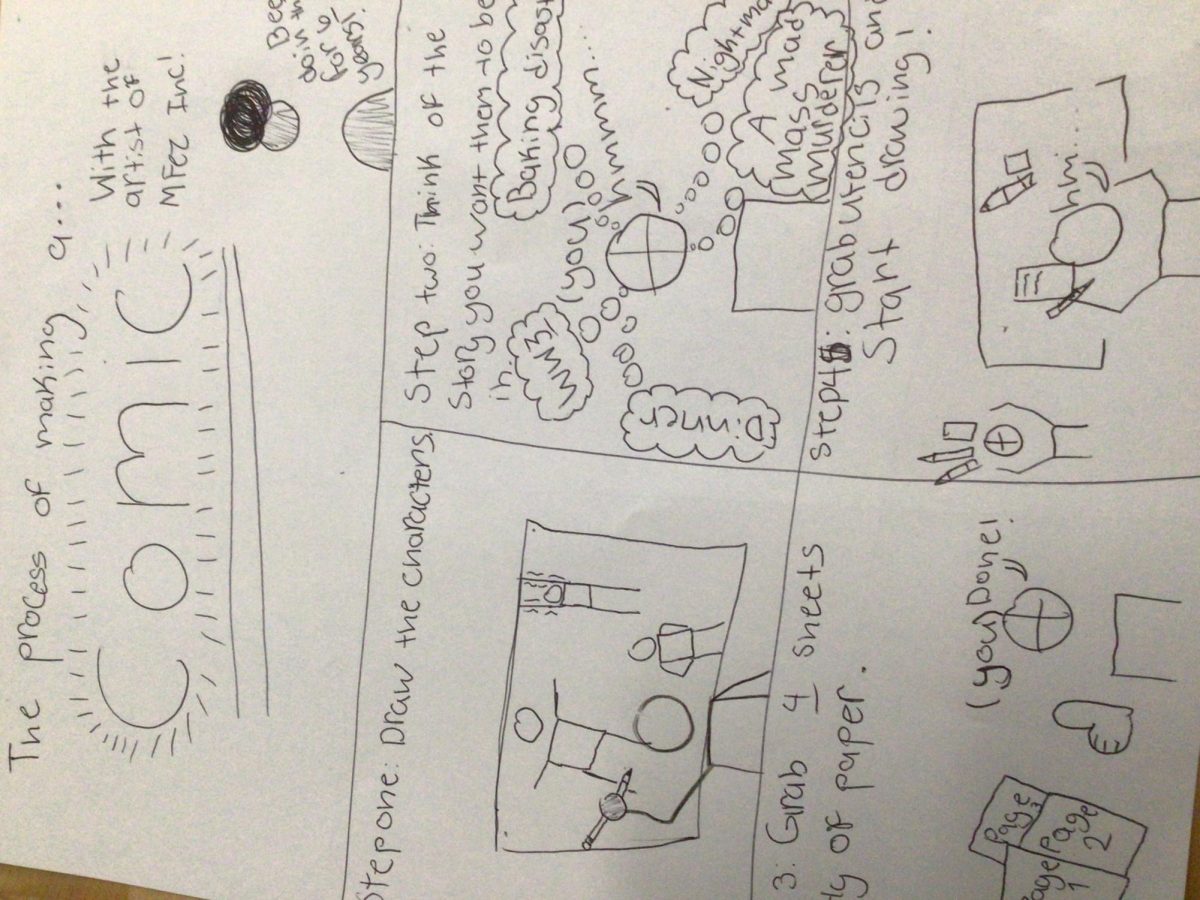
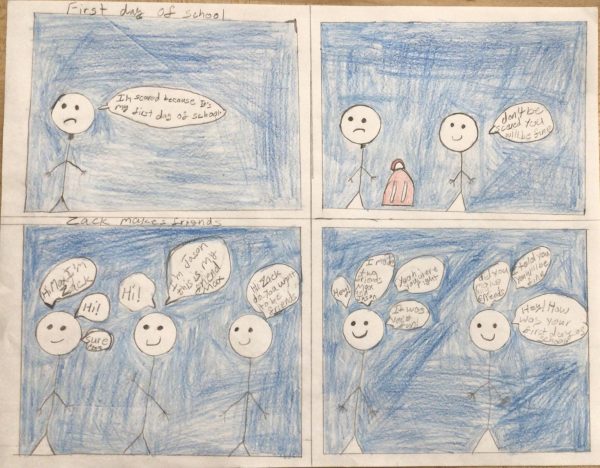
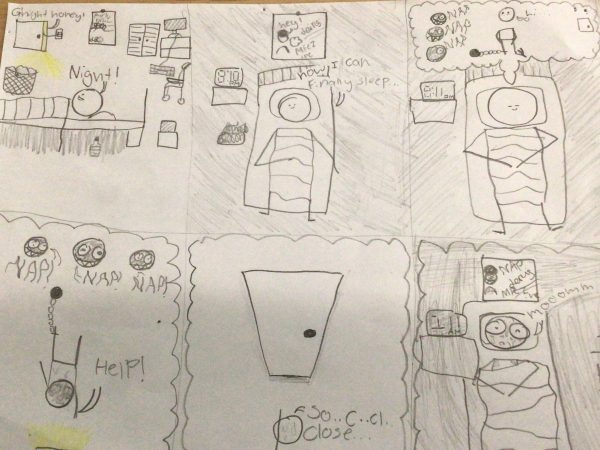
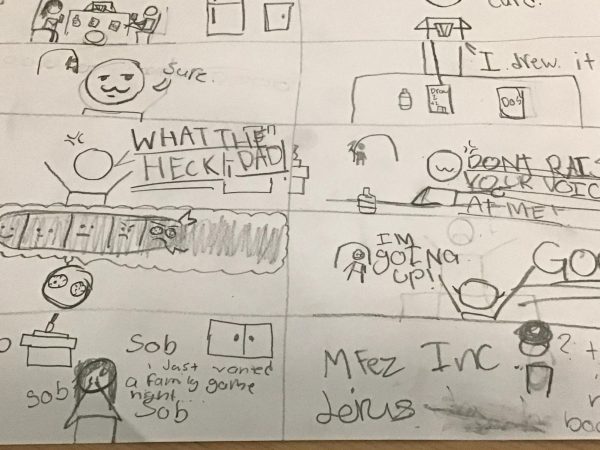
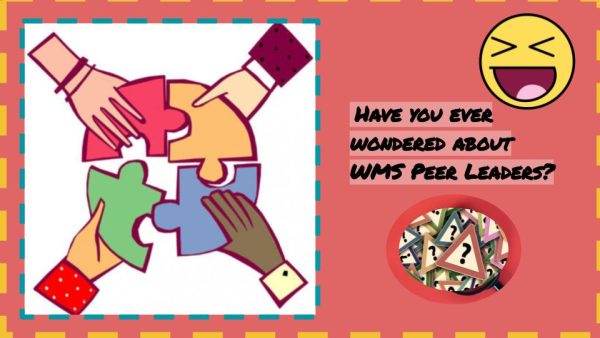
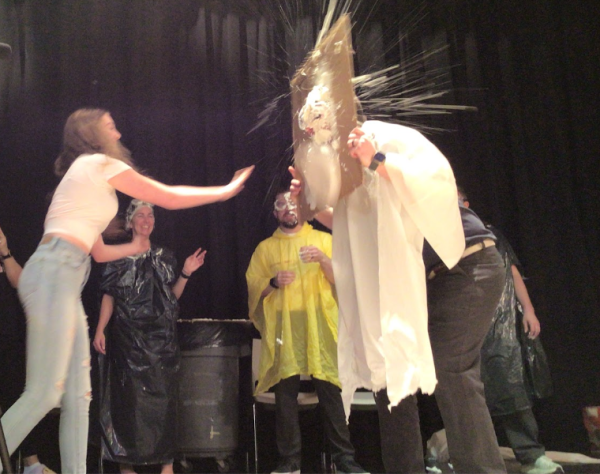

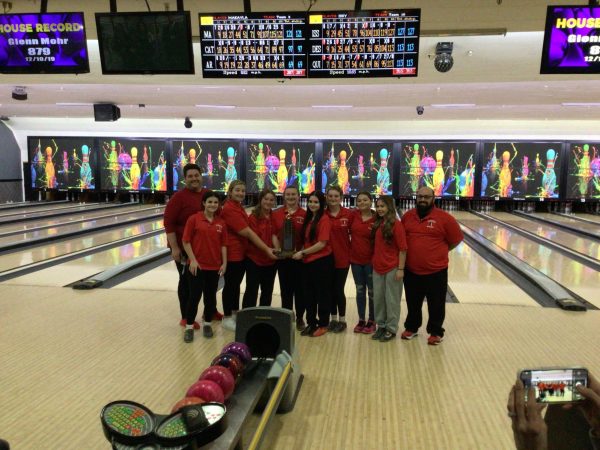
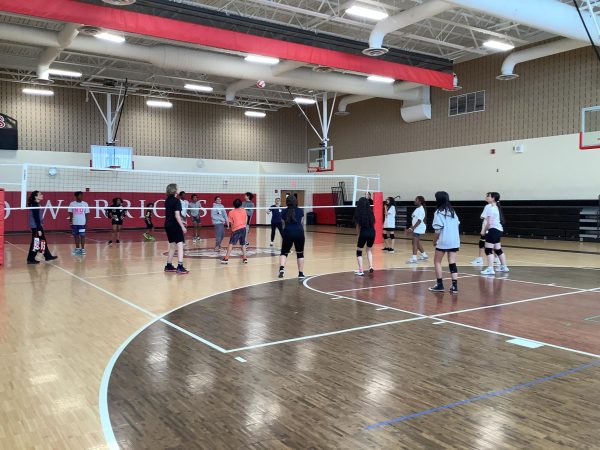
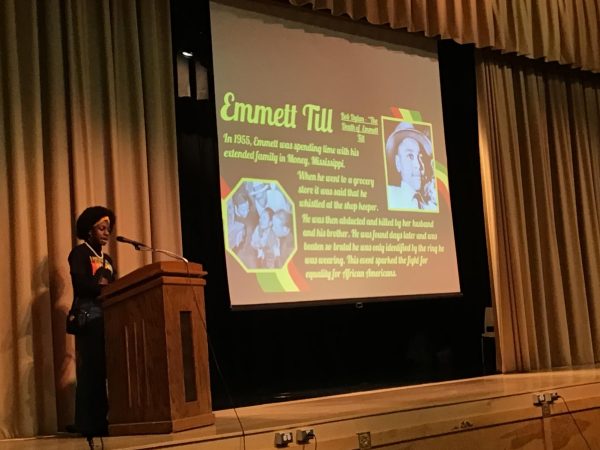
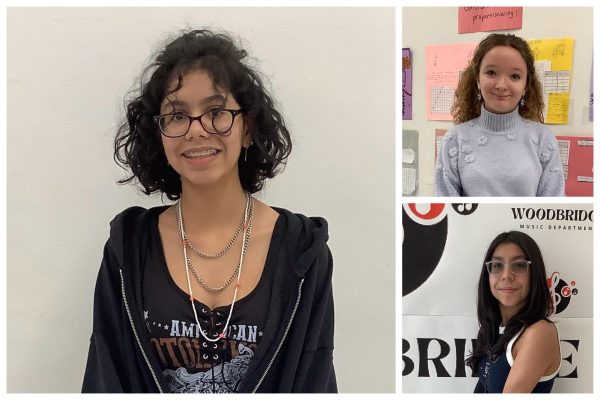
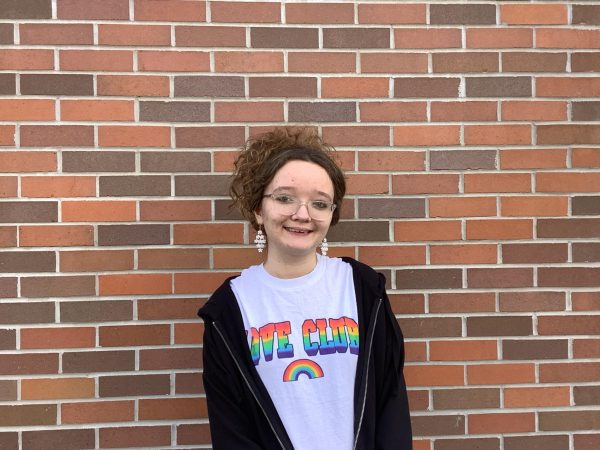
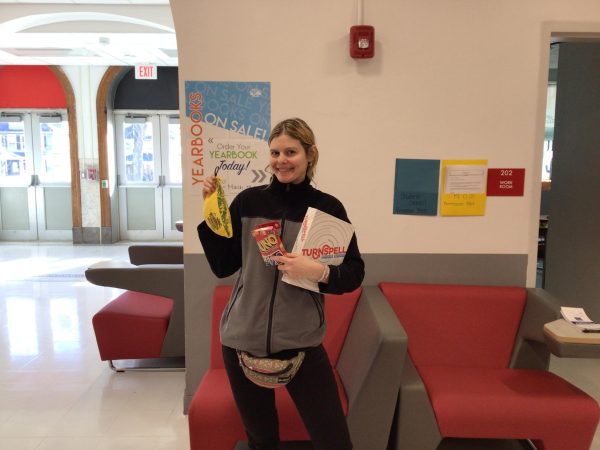
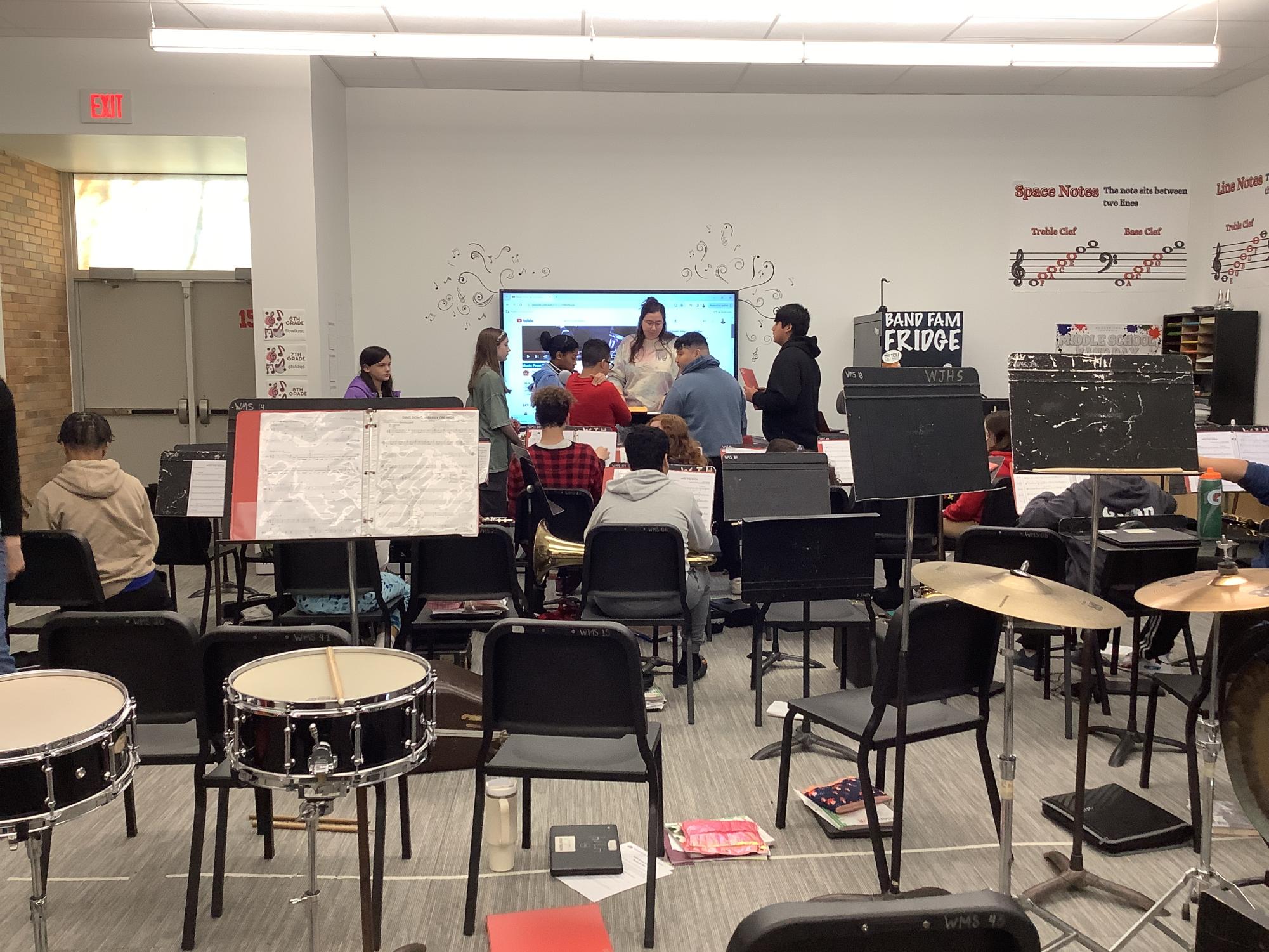
Diego Rolon • Dec 29, 2017 at 10:55 pm
Great article!!! Love to see this topic in yet another article; keep it going journalism group!